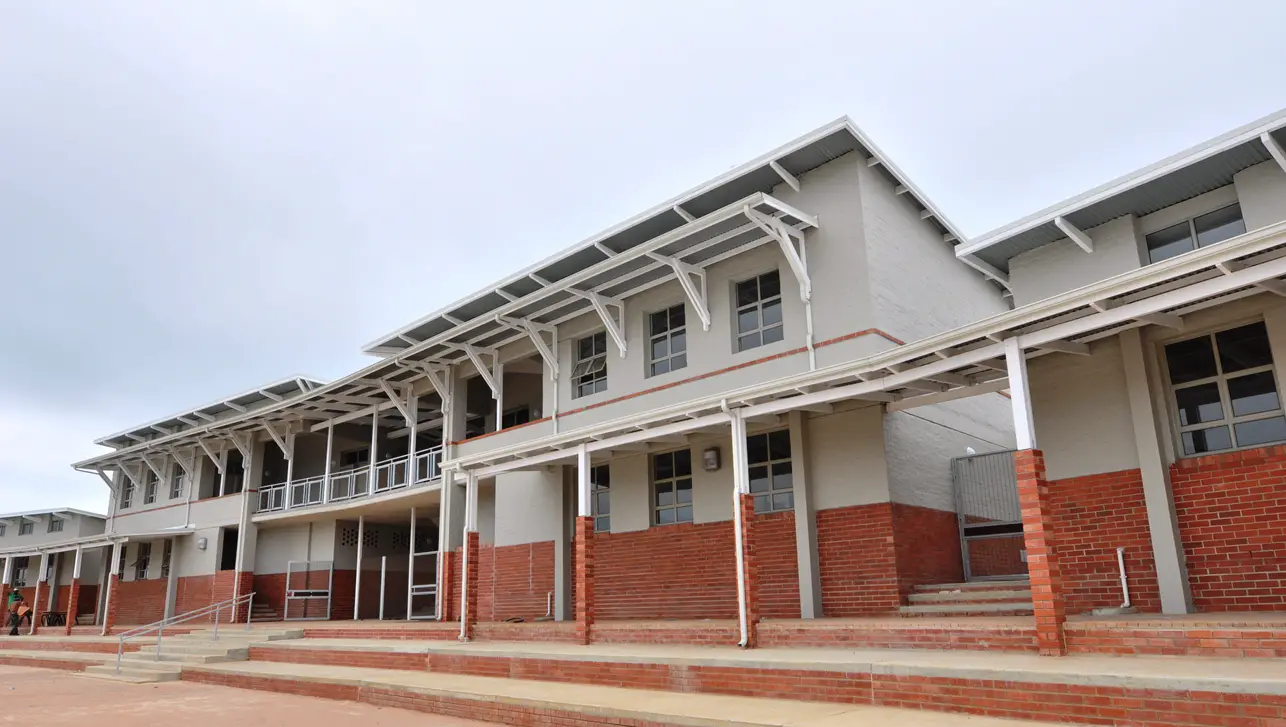The government of Botswana has approved the construction of two primary schools in its capital city Gaborone. According to Gaborone Mayor Mr. Father Maphongo, construction of these two schools is geared towards addressing issues of over enrolment in the capital city.
“Other measures put in place to address the issue include the construction of new classrooms under backlog eradication project and maintenance of school buildings,” he said.
Education in Botswana
Education in Botswana is provided by public schools and private schools. The Private schools are generally free to determine their own curriculum and staffing policies, with voluntary accreditation available through independent regional accreditation authorities. About 87% of school-age children attend public schools, about 10% attend private schools, and roughly 3% are home-schooled.
Education is compulsory over an age range starting between five and eight and ending somewhere between ages sixteen and eighteen. This requirement can be satisfied in public schools, state-certified private schools, or an approved home school program.
Also Read: Egypt: Construction of Menorca Residence in the NAC begins
Primary education ranges in Botswana from standard 1 up to standard 7. Children enroll in primary school around the age of 6. The curriculum in primary education is determined by county school system. The school district selects curriculum guides and textbooks that reflect a state’s learning standards and benchmarks for a given grade level. There are two types of primary education accessible in Botswana.
The government provides education that is generally referred to as ‘Setswana medium’, the medium of instruction being Setswana as well as English. The private sector provides education whereby the language of instruction is purely English, these schools are referred to as ‘English medium schools’.

Leave a Reply